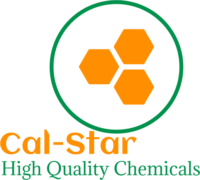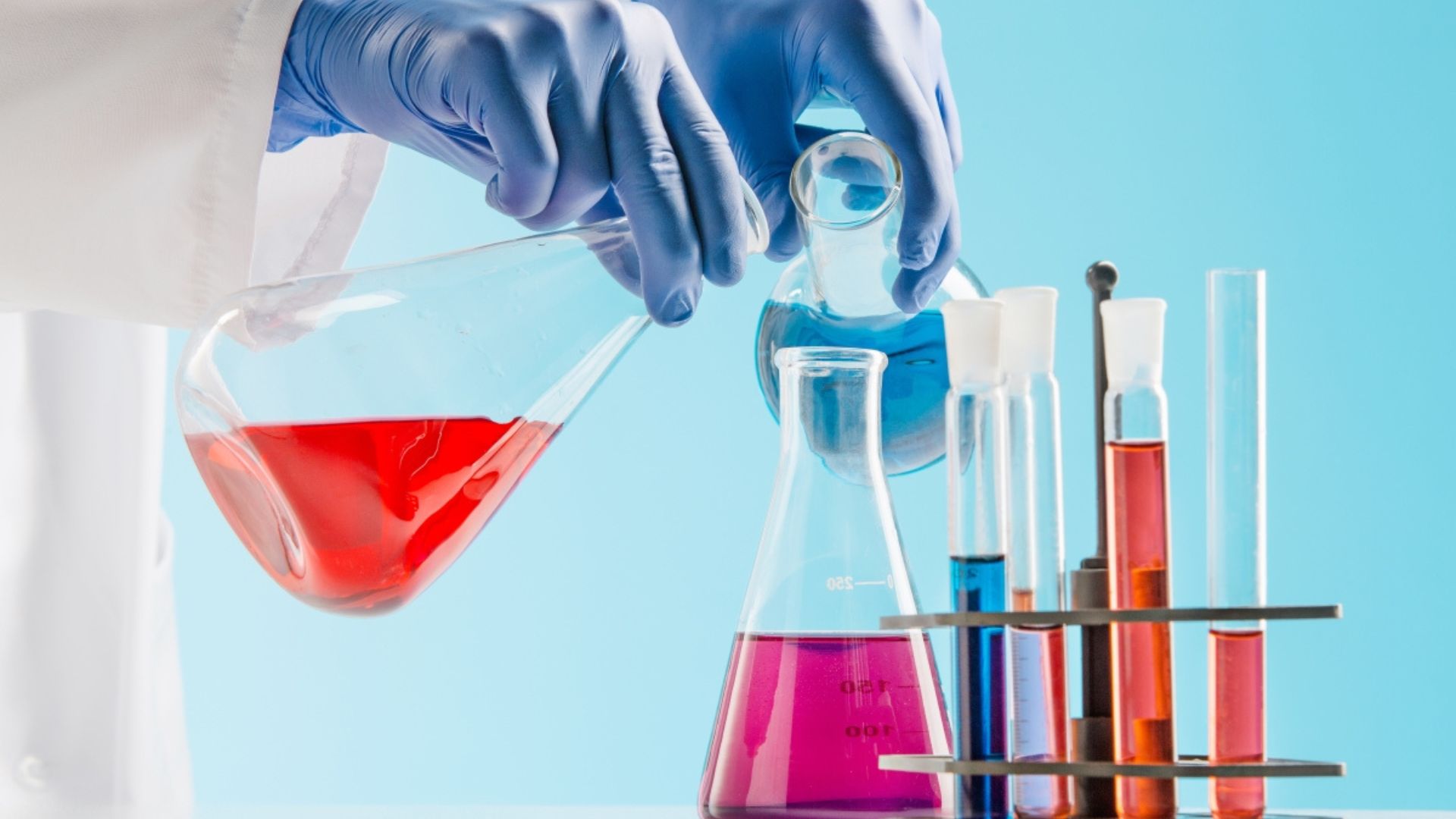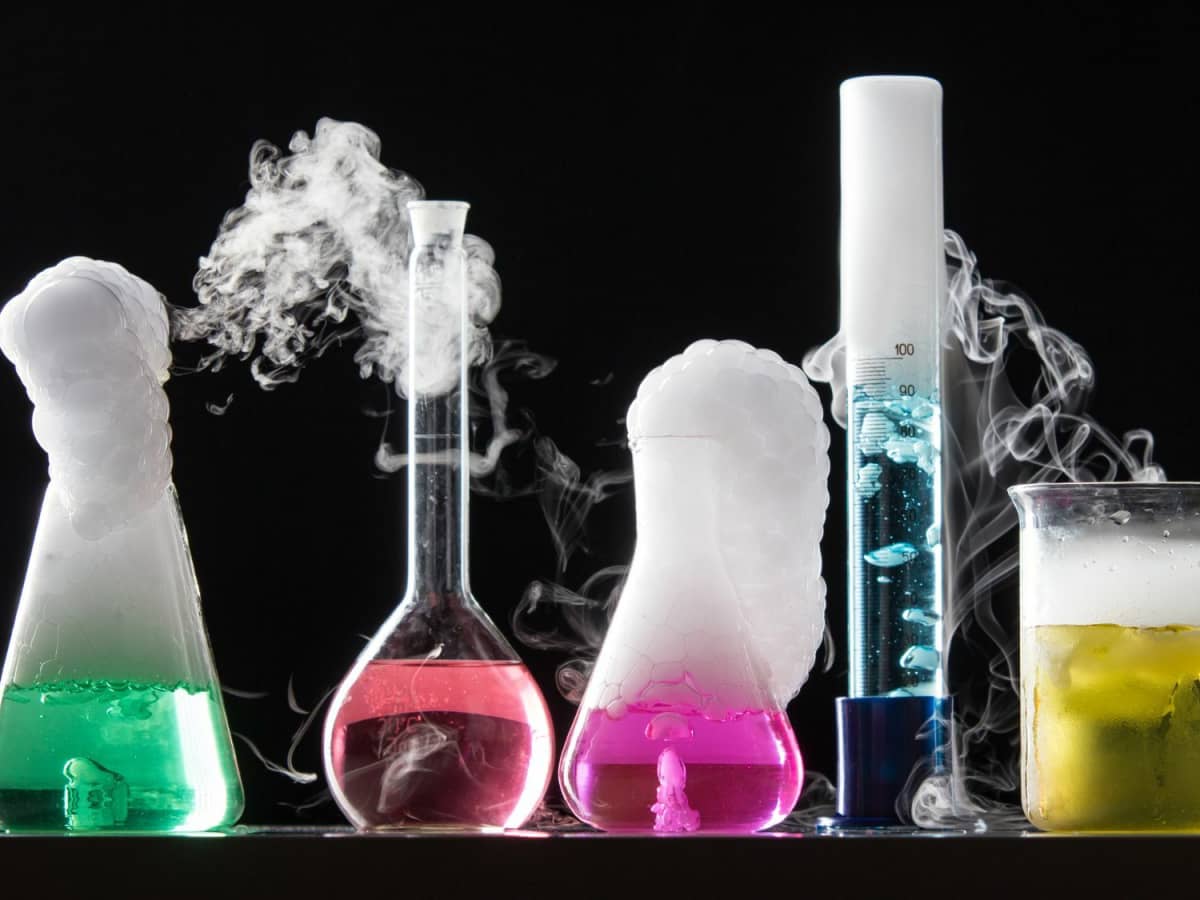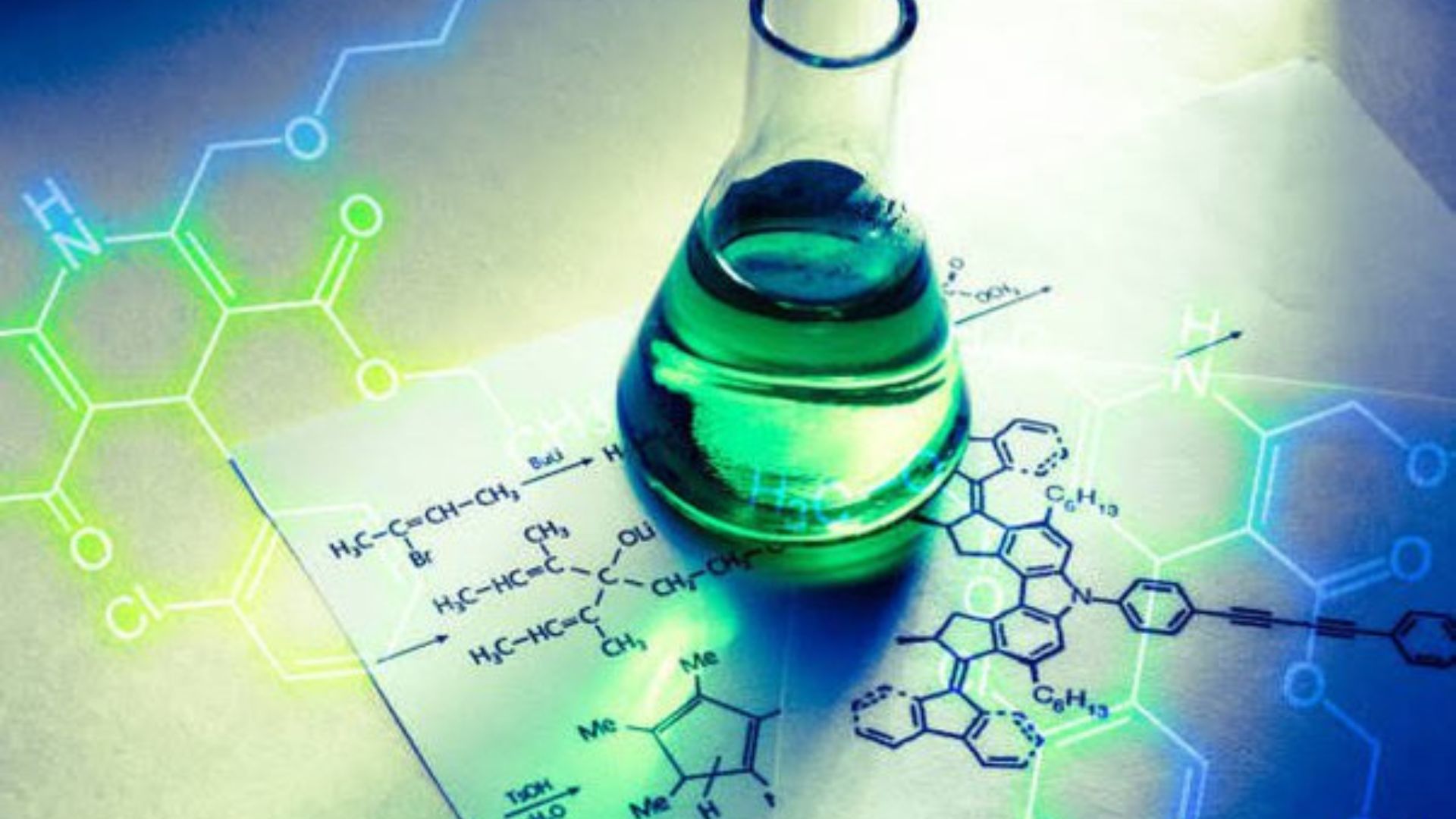Choosing the right chemical for a reaction is crucial to achieving desired results in chemistry. Whether you’re a student, a hobbyist, or a professional, understanding how to select the appropriate chemical can make a big difference. In this article, we’ll explore essential tips for choosing the right chemical for a reaction, ensuring you get accurate and reliable outcomes.
1. Understand the Reaction Requirements
Before choosing any chemical, it’s vital to understand the specific requirements of your reaction. Different reactions have distinct needs regarding reactants, conditions, and products. Knowing these details will guide you in selecting the right chemical that matches your reaction criteria.
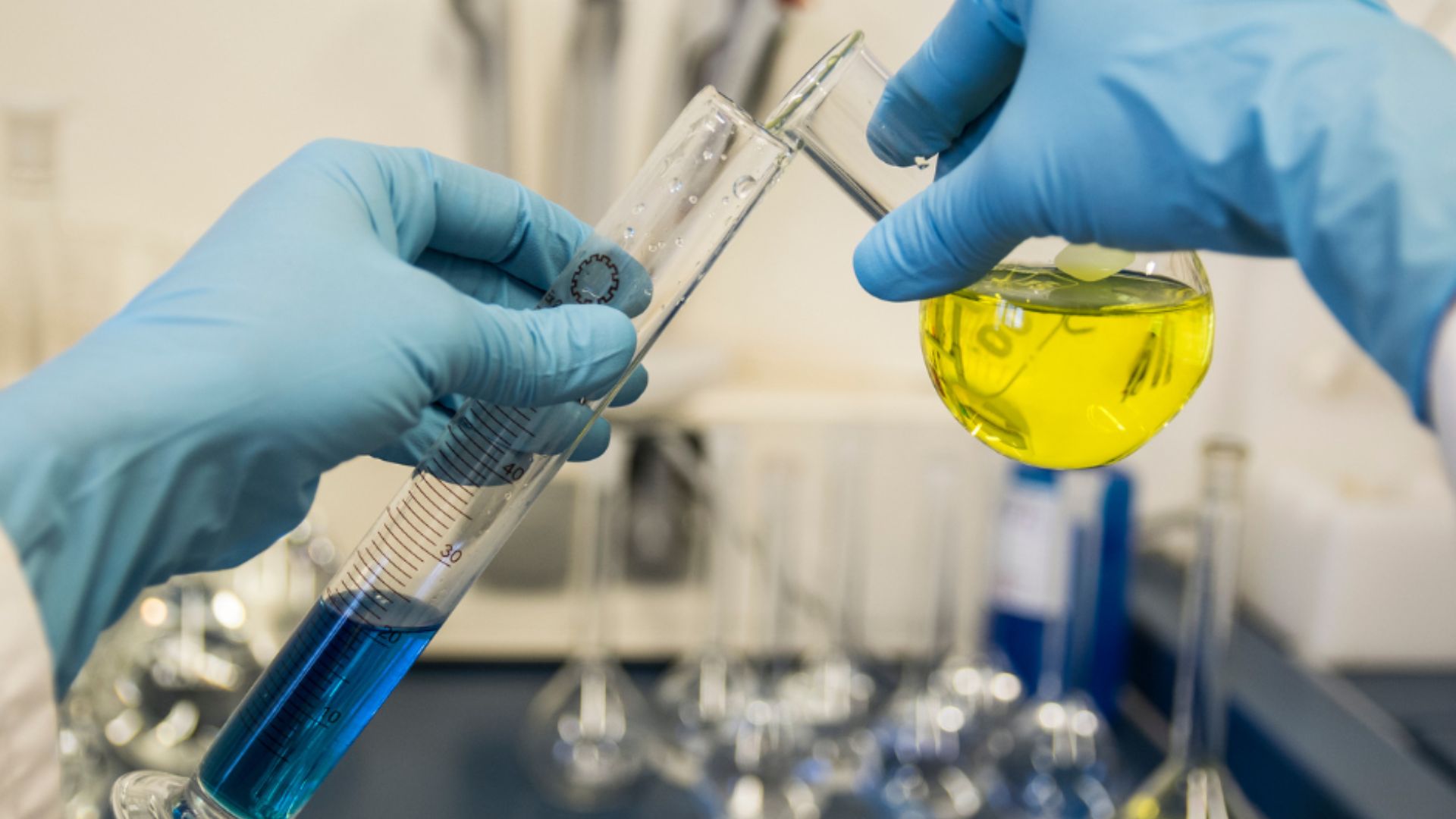
Tips for Choosing the Right Chemical for a Reaction
2. Consider Chemical Properties
When selecting a chemical, consider its properties such as solubility, reactivity, and stability. Each chemical has unique characteristics that affect how it interacts with other substances.
3. Review Safety Data Sheets
Safety is paramount when working with chemicals. Always review the Safety Data Sheets (SDS) for any chemical you plan to use. SDS provide crucial information on handling, storage, and potential hazards. This will help you choose chemicals that are safe for your intended reaction and environment.
4. Check Compatibility with Other Chemicals
Compatibility is essential in reactions involving multiple chemicals. Ensure that the chemical you select does not react adversely with other substances involved in your reaction. This can prevent unexpected reactions or dangerous situations.
5. Assess Environmental Impact
Consider the environmental impact of the chemicals you choose. Some chemicals can be harmful to the environment or generate hazardous waste. Opt for chemicals that are environmentally friendly or have minimal environmental impact when possible.
6. Evaluate Cost and Availability
Cost and availability are practical considerations when selecting chemicals. Some chemicals can be expensive or hard to find. Make sure the chemical you choose fits within your budget and is readily available from your suppliers.
7. Consult Reliable Sources
Consult reliable sources such as textbooks, research papers, or experienced professionals for guidance. They can provide valuable insights into the best chemicals to use for your specific reaction. This helps ensure you make an informed decision based on proven information.
8. Consider Reaction Scale
The scale of your reaction can influence your choice of chemicals. For large-scale reactions, you might need chemicals in bulk, while small-scale experiments require smaller quantities. Make sure the chemical you choose is suitable for the scale of your reaction.
9. Verify Purity Requirements
Purity is an important factor in choosing chemicals. Impurities can affect the outcome of a reaction or cause side reactions. Ensure that the chemical you select meets the purity standards required for your reaction to achieve accurate results.
10. Review Chemical Reactions and Mechanisms
Understanding the chemical reactions and mechanisms involved in your process can help in selecting the right chemicals. Review how the chemicals interact at a molecular level to ensure they will work together effectively.
11. Test Small Quantities First
If you’re unsure about the chemical’s effectiveness, test small quantities first. This allows you to observe how the chemical performs in your reaction without committing to large amounts. It’s a practical way to ensure you’re making the right choice.
12. Use Analytical Tools
Analytical tools and techniques can help assess the suitability of a chemical for your reaction. Tools such as spectroscopy or chromatography can provide data on chemical composition and interactions, helping you choose the right chemical based on empirical evidence.
13. Check for Recent Research
Stay updated with recent research related to your reaction. New studies or advancements might provide insights into better or more efficient chemicals. Keeping abreast of recent developments can help you choose the most effective chemicals.
14. Review Historical Data
Review historical data or previous experiments that used similar chemicals. This information can provide practical insights into how well certain chemicals perform in reactions, helping you make a more informed choice.
15. Seek Professional Advice
When in doubt, seek advice from professionals or experts in the field. They can offer guidance based on their experience and knowledge, ensuring you select the most suitable chemical for your reaction.
Conclusion
Choosing the right chemical for a reaction involves understanding reaction requirements, evaluating properties, and considering safety and environmental factors. By following these tips, you can make informed decisions that lead to successful and accurate outcomes. Whether for academic purposes or professional work, selecting the right chemical is key to achieving your desired results.
